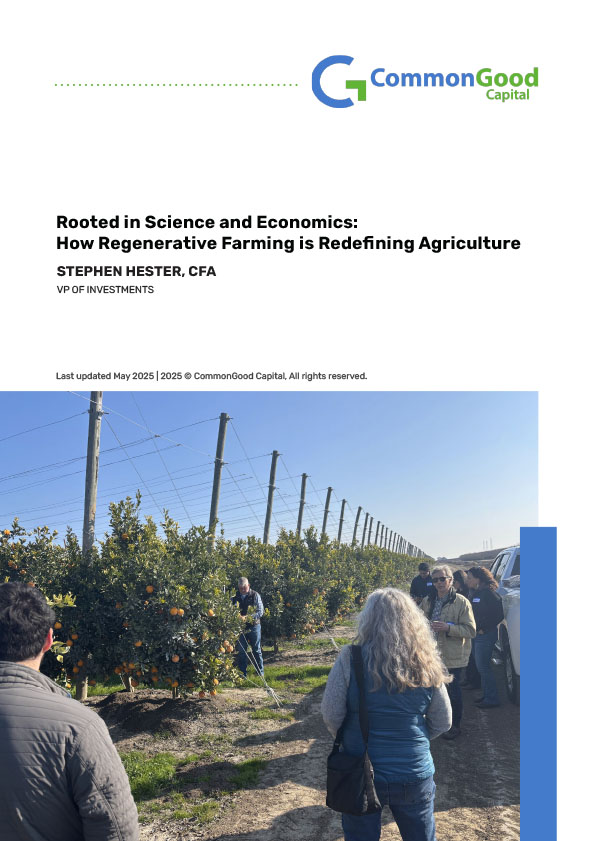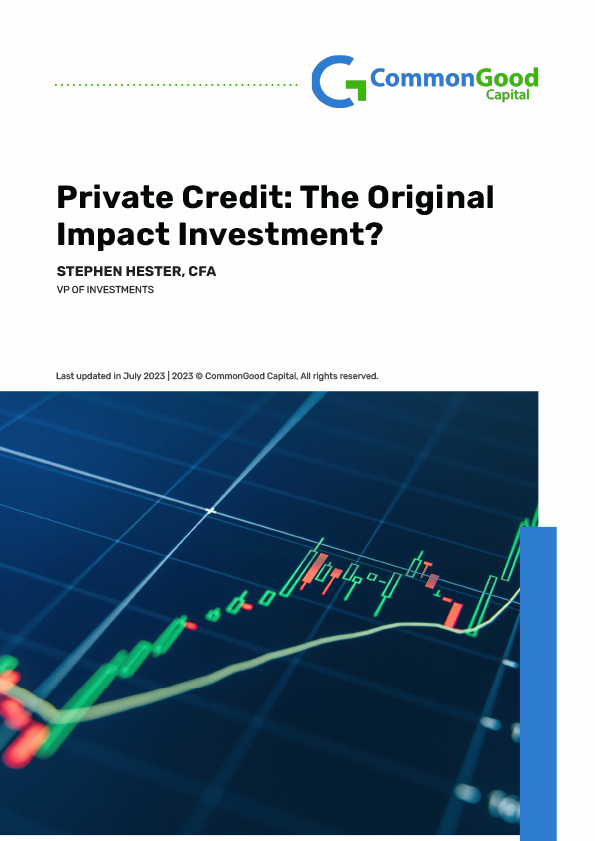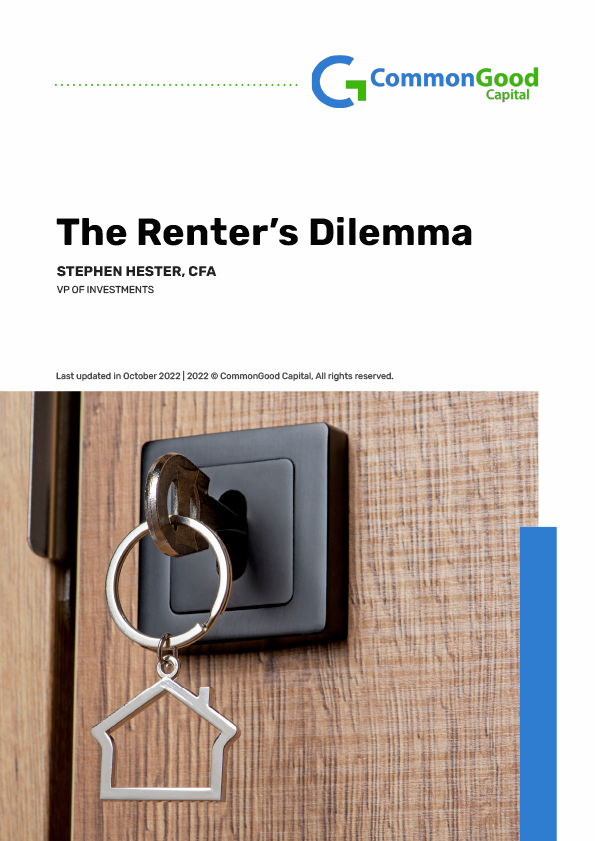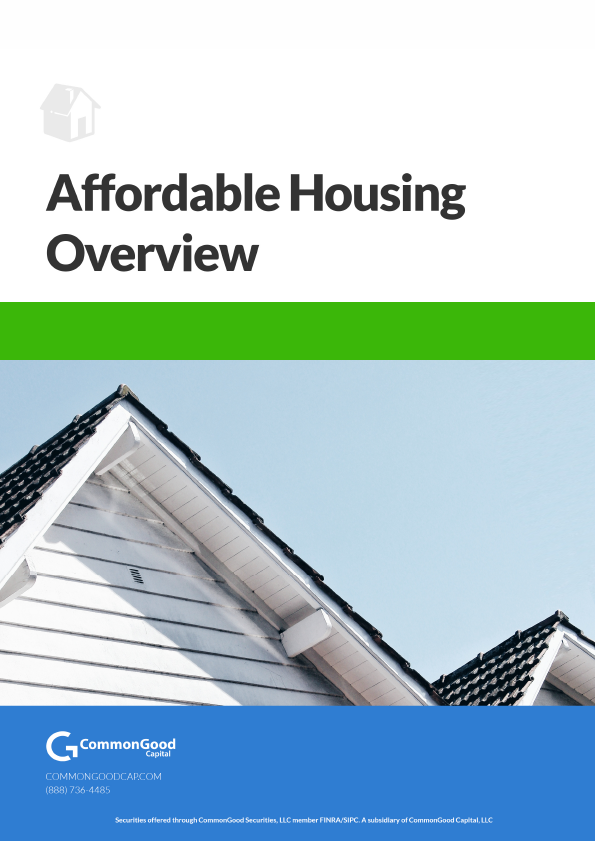We believe that Impact education leads to Impact integration – helping drive return potential for investors seeking to make a positive impact while creating deeper, more meaningful intergenerational relationships between clients and their advisors.
Rooted in Science and Economics:
How Regenerative Farming is Redefining Agriculture
Agriculture takes many forms from wet-rice production in East Asia to cattle ranching in the Americas. In all cases, people are environmental engineers. They change or remove vegetation, re-route water, use fertilizers, and modify the soil. As the Mayans, Indus Valley Civilization, and the Roman Empire can attest to, the health of the agricultural system has decided the fate of civilizations. The United Nations (UN), World Economic Forum (WEF), and Stockholm Resilience Centre believe that global agriculture must change to prevent severe environmental and societal consequences.
Regenerative agriculture can rebuild the fertility of tens of millions of acres and may be mankind’s most effective path to fighting climate change and achieving global food security. This paper examines how regenerative compares to industrial/conventional agriculture, its adoption, how it can alleviate major global issues, and practical steps to expand regenerative agriculture.
The African Century
In recent centuries, extraordinary periods of economic growth have rotated between nations scattered around the globe.
We’ll explore the reliability of the contributing factors to past periods of exceptional economic growth, apply them to Africa, and examine the continent’s current and projected economic and human development.
After conducting that analysis, we’ll evaluate if current capital allocations to the continent reconcile. Stress-testing of the projections is intertwined in the paper as are frequent comparisons to other periods of exceptional economic growth to provide useful context to the reader.
Private Credit: The Original Impact Investment?
Prior to 2010, allocations to private credit in endowment or high worth client portfolios were rare. Today, strategies under this umbrella exceed $1.2 trillion in assets under management (AUM). Many average investors now have exposure through Business Development Companies, 1940 Act interval funds, and or recently developed private vehicles managed by Wall Street firms such as the Blackstone Group and Starwood Capital Group.
Rapid AUM growth in recent years suggests the embrace of private credit is in its early chapters. AUM expansion in Europe and Asia, for example, is now outpacing North America. Given over half of current AUM is based in North America, the potential globally is substantial.
Private credit’s formal inception is widely considered to be the creation of the U.S. high-yield market in the late 1970s and early 1980s. What is less known, however, is that there was simultaneously a very different origin story developing in private credit on the other side of the world.
The Renter’s Dilemma
The National Low Income Housing Coalition (NLIHC) estimates there is a shortage of at least 7 million affordable housing units in the U.S. today. There is no single definition for affordable housing, but a rule of thumb in law and practice is affordable housing must have rents at no more than 60% of area medium income (“AMI”). Families or individuals that earn income below the relevant threshold are most likely to qualify for housing assistance. The lack of affordable housing compounds other social challenges in predictable and unforeseen ways.
Affordable Housing Overview
Access to safe and affordable housing is a foundational component of any society. Each and every day, thousands of families are on the search for a suitable place to live. It may be a small urban apartment, a midsized suburban tract home, or a rural ‘McMansion’, but every searcher is looking for a place to call home and to find rest from the stresses of everyday life without becoming burdened with cost.
Take the Next Step
If you are interested in learning more about integrating Impact Investing into your business please contact us
Related News
CommonGood + Regenerative Farming
As CEO of CommonGood Capital, I am focused on working with great Impact Investment Managers who have a dual purpose to make competitive returns for investors while making meaningful and measurable impact. I am excited to share we are now working with Agriculture...
Continuing Impact Education
We believe that Impact education leads to Impact integration - helping drive return potential for investors seeking to make a positive impact while creating deeper, more meaningful intergenerational relationships between clients and their advisors. One of the ways we...
Fortis Green’s Key Partnerships
Fortis Green Renewables Green Fund I (“Fund”) provides capital for small-scale renewable energy assets in Sub Saharan Africa. The Fund invests in operational and development assets, each offering unique and potentially competitive return profiles. Green Fund I...








